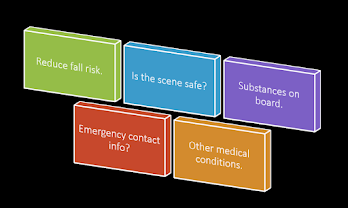And The Love You Feel For Yourself Will Come Down Like Rain
- Forgiveness is a powerful tool that can help us to heal from the emotional wounds of the past. It allows us to let go of anger and resentment, and to move forward in our lives with peace and joy.
- But what about forgiving ourselves? It is often difficult to forgive ourselves as we may feel guilty, ashamed, or even unworthy of forgiveness.
The truth is at our core we need to forgive ourselves for our mistakes and shortcomings. Forgive yourself unconditionally.
Here are a few reasons why it is so important to forgive ourselves:
- When we forgive ourselves, we can heal.
- When we forgive ourselves, we let go of anger and resentment.
- When we forgive ourselves, we learn and grow from our mistakes.
- When we forgive ourselves, we develop self-compassion and understanding.
- When we forgive ourselves, we move forward.
- Wake up every day and do something relevant, and this will vary depending on your situation. It can be as simple as taking a shower or any other ADL you may be neglecting.
- Challenge your negative thoughts. This process works, but it takes time to foster and strengthen.
- Keep moving- metaphorically and physically.
- Allow yourself to grieve and cry.
- Set a small goal and work towards it every day. It does not matter how small your steps are, but what matters is that you are taking them or at least attempting to take them.
With every ADL, with every small step that you take, you are delivering messages to your core that you are worthy of forgiveness.
If you are struggling to forgive yourself, here are a few tips:
- Acknowledge your pain. It is important to acknowledge the pain that you have experienced, both physical and emotional. Allow yourself to feel your emotions, and don't try to suppress them.
- Be patient with yourself. Forgiveness is a process, and it takes time. Don't expect to forgive yourself overnight. Just be patient with yourself and trust that you will heal in time.
- Practice self-compassion. Talk to yourself the way you would talk to a friend who is hurting. Be kind and understanding towards yourself.
- Seek support from others. It can be helpful to talk to a trusted friend, family member, or therapist about your struggles with forgiveness. They can offer you support and encouragement.
Remember, you are worthy of forgiveness. You are not alone. And there is hope for healing.




















